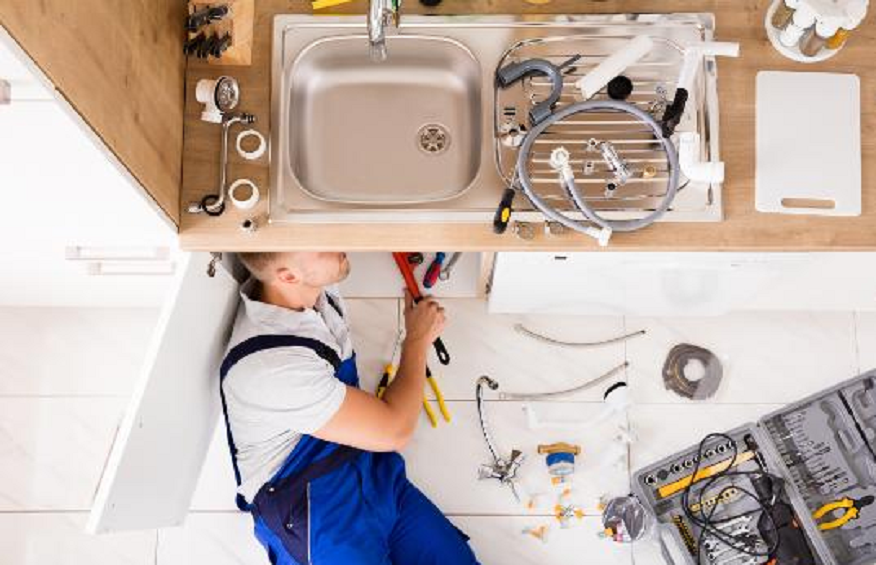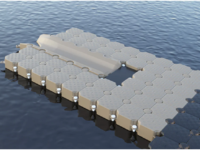7 Differences between Commercial and Residential Plumbing

Plumbing plays a vital role in both commercial and residential settings, ensuring the safe and efficient distribution of water and the proper disposal of waste. While there are similarities between commercial and residential plumbing, such as the use of pipes, fixtures, and valves, there are also significant differences that stem from the scale, complexity, regulations, and specific needs of each setting.
In this article, we will explore seven key differences between commercial and residential plumbing.
1. Scale and Complexity
Commercial plumbing systems are typically larger and more complex than residential systems. Commercial buildings often have multiple floors, extensive pipe networks, and specialized systems like sprinklers, grease traps, and industrial equipment connections. Residential plumbing systems are generally simpler and designed for single-family homes or smaller buildings.
2. Water Demand
Commercial buildings typically have higher water demands compared to residential properties. Restaurants, hotels, and office buildings require larger volumes of water for restrooms, kitchens, and other facilities. As a result, commercial plumbing systems are designed to handle higher water flow rates and pressures.
Again, the commercial establishments operate for extended hours or even 24/7, resulting in a continuous water demand throughout the day. This sustained usage further contributes to higher water consumption.
3. Fixture Types
Commercial buildings have a wider variety of plumbing fixtures compared to residential properties. In addition to standard sinks, toilets, and showers, commercial buildings may have urinals, commercial kitchen equipment, industrial machinery, and specialized fixtures for healthcare facilities. These fixtures require specific plumbing configurations and expertise for installation and maintenance.
Commercial faucets are designed to withstand high usage and frequent operation. They often have more robust construction and are built for durability. Residential faucets are available in a wider range of styles and finishes, with more emphasis on aesthetics and individual preferences.
4. Building Codes and Regulations
Commercial plumbing systems must adhere to stricter building codes and regulations compared to residential plumbing. This includes compliance with fire safety codes, accessibility requirementsand health department regulations. Commercial plumbers need to be well-versed in these codes and ensure that the system meets all necessary standards.
5. Maintenance and Repairs
Commercial plumbing systems often experience more wear and tear due to higher usage and increased strain. Regular maintenance is crucial to prevent disruptions and ensure the system operates efficiently. Commercial plumbers are skilled in diagnosing and repairing complex issues quickly to minimize downtime and business disruptions.
6. Installation and Construction
Commercial plumbing installation requires specialized knowledge and expertise. Commercial plumbers understand the unique requirements of large-scale systems, including the proper sizing of pipes, installing backflow prevention devices, and coordinating with other construction trades. Residential plumbing installation, on the other hand, is typically simpler and more straightforward.
7. Emergency Response
Commercial plumbing emergencies can have significant financial implications for businesses, as they may lead to property damage, loss of revenue, or disruption of operations. Commercial plumbers are equipped to respond promptly to emergencies, often offering 24/7 service. Residential plumbers may also provide emergency services, but the impact is generally limited to the affected household.
While both commercial and residential plumbing share common principles, these differences highlight the unique challenges and requirements of each setting; follow https://plumbingjobs.com/commercial-vs-residential-plumbing-whats-the-difference/ for more. It’s essential to hire experienced professionals who specialize in the specific needs of either commercial or residential plumbing systems.





